
Top Skills You Need to Succeed in Aviation Careers in 2025
- AME
- July 26, 2025
The aviation industry is on the cusp of monumental change. As we soar into 2025, professionals across piloting, air traffic control, aircraft maintenance, and aerospace engineering must arm themselves with a fresh arsenal of skills. From advanced avionics to sustainability, here’s your comprehensive guide to the top 10 skills that will help you navigate the skies and land the career of your dreams.
1. Mastery of Advanced Avionics Systems
In 2025, the cockpit has become a hub of cutting‑edge technology. Gone are the days of analog gauges; today’s aircraft rely on sophisticated avionics suites that integrate:
- Glass cockpit displays
- Fly‑by‑wire controls
- Real‑time diagnostics
Why It Matters:
Being proficient with the latest avionics means you can interpret data faster, make critical decisions with confidence, and ensure flight safety. Employers will look for candidates who can:
- Calibrate and troubleshoot multifunction displays (MFDs)
- Interface with automated flight management systems (FMS)
- Update and maintain software for onboard systems
Action Steps:
- Enroll in avionics upgrade courses
- Get hands‑on experience with simulators that mimic next‑gen cockpits
- Earn certifications such as the FAA’s Advanced Avionics Technician credential
2. Proficiency in Data Analysis and Digital Tools
The aviation sector is awash with data flight logs, sensor outputs, maintenance records, and passenger analytics. The ability to analyze vast datasets and extract actionable insights will set you apart.
Key Digital Skills:
- Big Data Analytics: Use platforms like Apache Hadoop or Spark to process large datasets.
- Predictive Maintenance Tools: Leverage machine learning algorithms to forecast part failures before they ground your fleet.
- Digital Twin Technology: Create virtual replicas of aircraft systems to test scenarios in a risk‑free environment.
Why It Matters:
Organizations are slashing costs and improving operational efficiency by harnessing data. As a data‑savvy aviation professional, you’ll optimize fuel consumption, enhance route planning, and reduce unscheduled maintenance.
Action Steps:
- Take online courses in Python or R for data science.
- Familiarize yourself with Tableau or Power BI for data visualization.
- Collaborate with IT teams to implement IoT sensors on aircraft components.
3. Strong Safety Management and Risk Assessment
Safety remains the cornerstone of aviation. However, in 2025, the framework has evolved to incorporate proactive risk management and behavioral safety.
Pillars of Modern Safety Management:
- Safety Culture: Encourage open reporting of near‑misses without fear of reprisal.
- Risk Assessment Tools: Utilize software to quantify and prioritize operational hazards.
- Human Factors Analysis: Study how fatigue, stress, and communication breakdowns can lead to incidents.
Why It Matters:
A solid grasp of contemporary Safety Management Systems (SMS) positions you as an indispensable asset. Airlines and maintenance organizations seek personnel who can drive continuous safety improvements and comply with ICAO and EASA regulations.
Action Steps:
- Complete an ICAO SMS Foundation course.
- Practice conducting Hazard Identification and Risk Assessment (HIRA) workshops.
- Stay updated on regulatory changes and emerging safety technologies, such as real‑time fatigue monitoring.
4. Effective Communication and Crew Resource Management
In high‑stakes environments, clear communication can mean the difference between smooth operations and a serious incident. Crew Resource Management (CRM) in 2025 now extends beyond the cockpit into cross‑departmental collaboration.
Elements of Modern CRM:
- Assertive Communication: Encourage all team members, regardless of rank, to voice concerns.
- Conflict Resolution: Mediate disagreements swiftly to maintain operational harmony.
- Collaborative Decision‑Making: Use structured decision processes to weigh options collectively.
Why It Matters:
From pilots to ground crews, everyone must be on the same page. Mastery of CRM principles ensures that information flows seamlessly between flight crews, air traffic controllers, dispatchers, and maintenance teams.
Action Steps:
- Role‑play emergency scenarios to hone verbal protocols.
- Attend workshops on interpersonal dynamics in high‑pressure settings.
- Obtain a certificate in Advanced Crew Resource Management to demonstrate your expertise.
5. Adaptability and Continuous Learning
The aviation industry is widely recognized for its swift advancements in technology and frequent updates to regulations. As new innovations emerge, professionals who continue to rely on outdated practices and traditional methodologies may find themselves at a significant disadvantage, potentially facing obsolescence in their careers. Staying current and adaptable is crucial in this dynamic field, where the only constant is change.
Strategies for Lifelong Learning:
- Micro‑credentials: Short courses on topics like UAV operations or cybersecurity.
- Industry Conferences: Attend events like the World Aviation Festival to network and gain insights.
- Cross‑Functional Rotations: Spend time in different departments, flight ops, MRO, and engineering to broaden your skill set.
Why It Matters:
Employers prize individuals who proactively seek knowledge. Your willingness to embrace new technologies and practices indicates that you’ll thrive in the ever‑evolving 2025 aviation landscape.
Action Steps:
- Set annual learning goals, e.g., “Complete two Udemy courses on Airline Retailing.”
- Join professional associations such as AIME or SME.
- Maintain a digital portfolio or blog to document your continuous learning journey.
6. Sustainability and Environmental Awareness
Sustainability has climbed to the top of the aviation agenda. With mounting pressure to cut carbon emissions and achieve net‑zero goals, professionals must champion green initiatives.
Focus Areas:
- Alternative Fuels: Understand the production and certification of SAFs (Sustainable Aviation Fuels).
- Electric and Hybrid Propulsion: Familiarize yourself with emerging eVTOL and hybrid aircraft technologies.
- Carbon Offsetting Programs: Design and implement effective offset strategies to mitigate your organization’s footprint.
Why It Matters:
Airlines, OEMs, and regulators are investing billions in greener technologies. Skills in sustainability not only help protect the planet but also enhance your marketability in a socially responsible industry.
Action Steps:
- Enroll in an Aviation Sustainability Management certification program.
- Volunteer for sustainability committees within your organization.
- Stay abreast of ICAO’s CORSIA requirements and national environmental regulations.
7. Leadership and Team Collaboration
Whether you’re a first officer prepping for command or a chief engineer managing a hangar, leadership is essential. In 2025, effective leaders must combine emotional intelligence with strategic vision.
Leadership Competencies:
- Transformational Leadership: Inspire teams through a compelling vision of the future.
- Situational Leadership: Adapt your style based on the team’s maturity and the task’s complexity.
- Mentorship and Coaching: Develop the next generation of aviation talent by sharing expertise.
Why It Matters:
Strong leaders drive productivity, morale, and innovation. If you can galvanize a cross‑functional team of pilots, technicians, and dispatchers toward a common goal, you’ll accelerate both career progression and organizational success.
Action Steps:
- Read classics like “The Leader’s Guide to Unconscious Bias” and attend EI workshops.
- Seek out a mentor or become one through programs like the Women in Aviation International Mentorship.
- Lead a small project, perhaps implementing a new scheduling tool, to build your leadership résumé.
8. Problem-Solving and Critical Thinking
In aviation, unexpected challenges arise daily weather diversions, mechanical snags, and crew shortages. Your ability to analyze, prioritize, and innovate under pressure is invaluable.
Enhancing Critical Thinking:
- Structured Problem‑Solving: Employ techniques like root‑cause analysis and the 5 Whys method.
- Scenario Planning: Run tabletop exercises to prepare for rare but high‑impact events.
- Creative Thinking: Encourage “out‑of‑the‑box” solutions by fostering a psychologically safe environment.
Why It Matters:
Airlines and MROs want individuals who don’t just react—they anticipate and prevent. Demonstrating a track record of efficient problem resolution shows you’re ready for higher responsibilities.
Action Steps:
- Practice quick decision‑making drills in simulators or tabletop settings.
- Document case studies of past issues you’ve resolved, highlighting your methodology.
- Collaborate with cross‑disciplinary teams to view problems from multiple perspectives.
9. Technical Maintenance and Engineering Expertise
For technicians and engineers, the wave of composite materials, additive manufacturing, and digital maintenance logs calls for a deep technical toolkit.
Core Technical Areas:
- Composite Repair: Master the latest methods for inspecting and repairing carbon fiber and Kevlar structures.
- Additive Manufacturing (3D Printing): Learn to produce certified replacement parts on demand.
- Digital Maintenance Records: Transition from paper logs to blockchain-validated service histories.
Why It Matters:
Cutting‑edge technical proficiency increases aircraft availability, reduces turnaround times, and lowers maintenance costs. Companies will pay a premium for engineers who can integrate new materials and processes seamlessly.
Action Steps:
- Attend a Composite Materials Repair Techniques course.
- Earn an AMT certification in additive manufacturing for aerospace.
- Get comfortable with CMMS (Computerized Maintenance Management Systems) widely used in 2025.
10. Cultural Competence and Global Mindset
Aviation is inherently global. By 2025, crews will work with a diverse mix of nationalities, languages, and regulatory regimes. Your ability to navigate cultural nuances can make or break missions.
Building Cultural Intelligence:
- Language Skills: Beyond ICAO English, learn another language relevant to key hubs (e.g., Mandarin, Spanish, Arabic).
- Cross‑Cultural Training: Understand social norms and business etiquette in major markets.
- Global Regulatory Knowledge: Stay fluent in differing EASA, FAA, CAAC, and DGCA regulations.
Why It Matters:
A culturally adept professional fosters smoother ground handling, crew rotations, and international negotiations. Airlines value crews and engineers who can seamlessly integrate into any environment.
Action Steps:
- Use apps like Duolingo or Babbel for daily language practice.
- Attend workshops on intercultural communication and global leadership.
- Subscribe to newsletters from major aviation authorities worldwide to keep regulatory knowledge fresh.
Conclusion
The aviation landscape in 2025 demands a dynamic fusion of technical prowess, digital literacy, and soft skills. By mastering advanced avionics, honing your data analysis capabilities, championing safety, and embracing sustainability, you’ll not only survive but thrive. Cultivate adaptability, lead with emotional intelligence, solve problems creatively, and maintain a global mindset, and you’ll be well on your way to a high‑flying aviation career in the years ahead. Continuous learning and strategic skill development are your boarding pass to success.

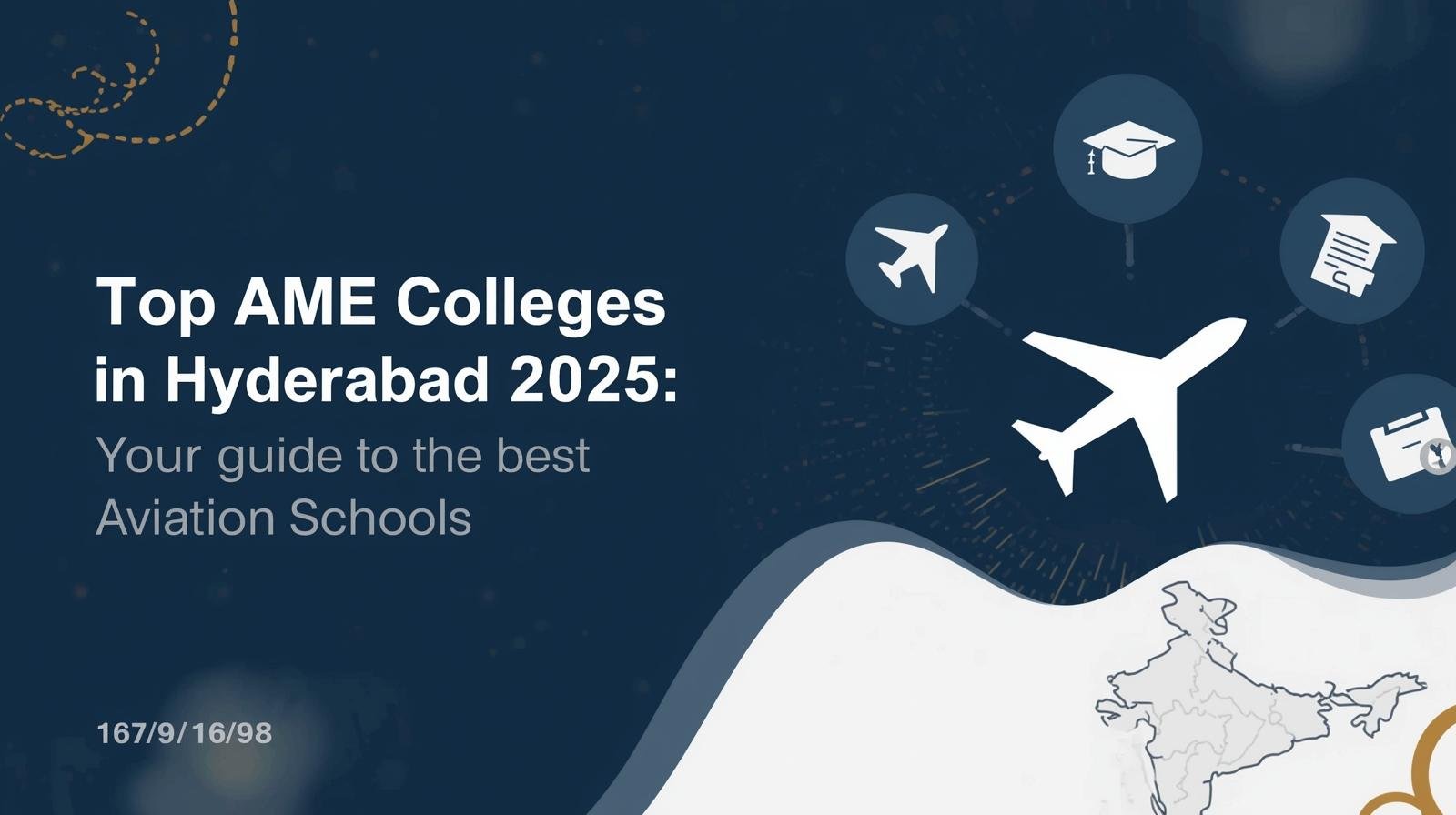

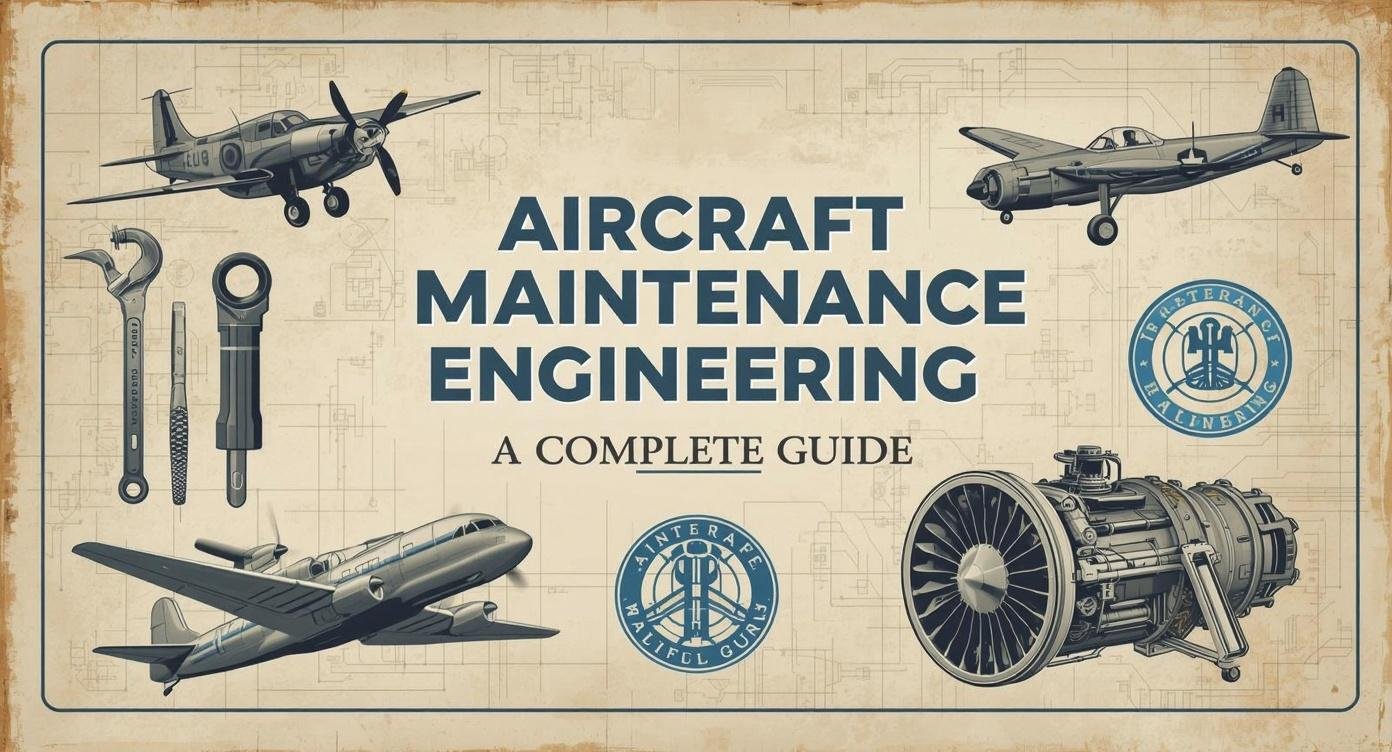
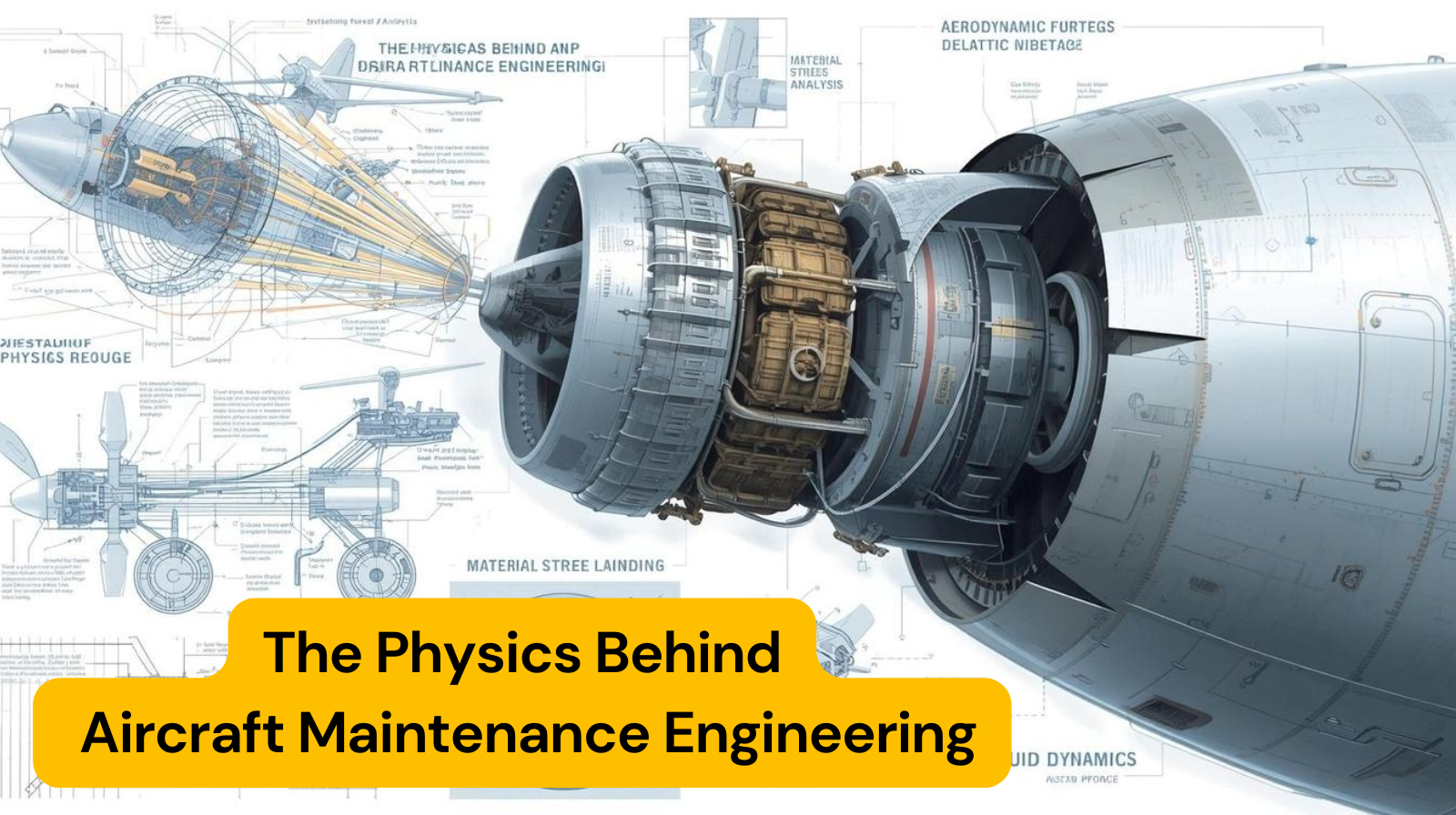



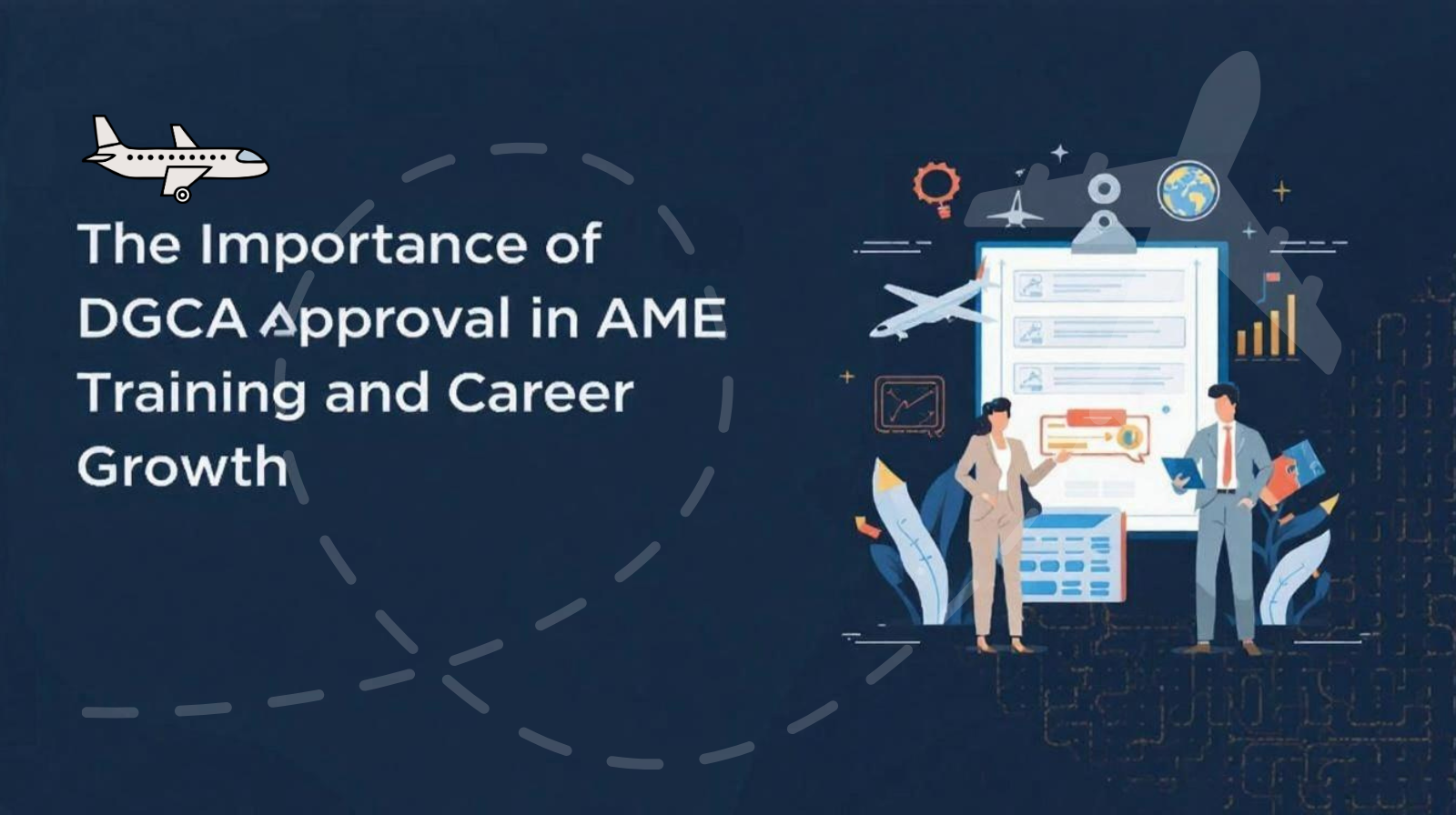
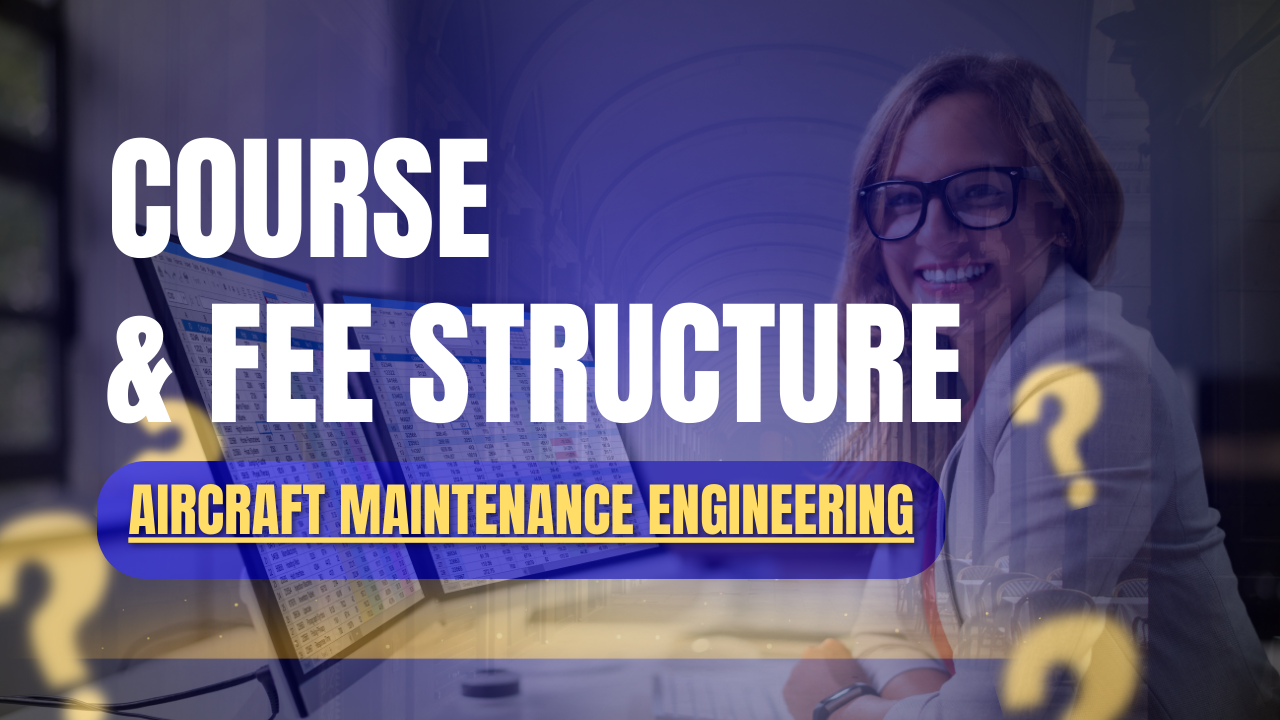

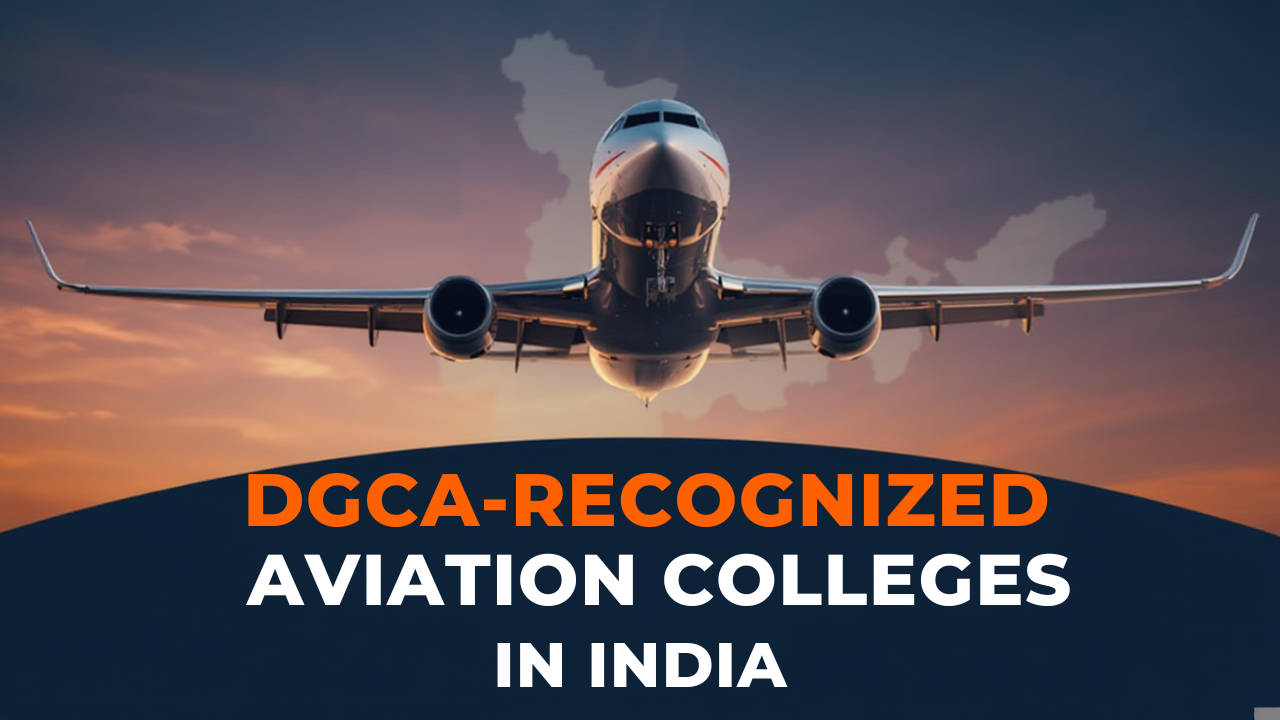


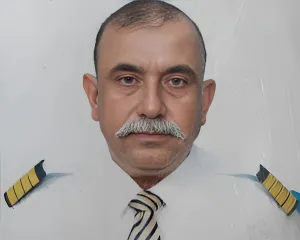
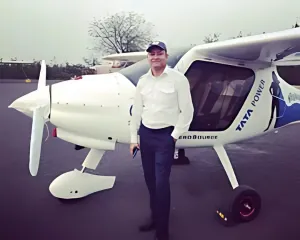


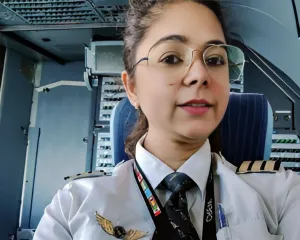


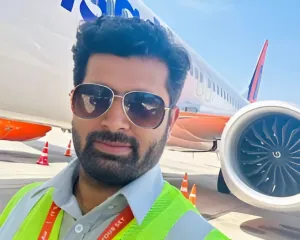
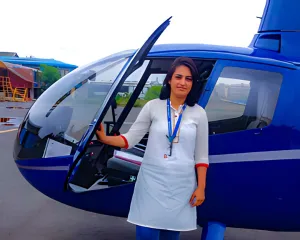


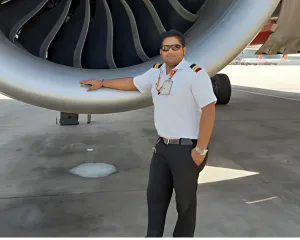



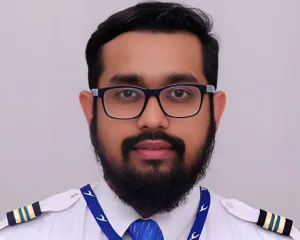
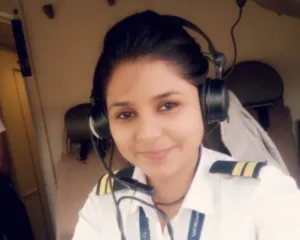






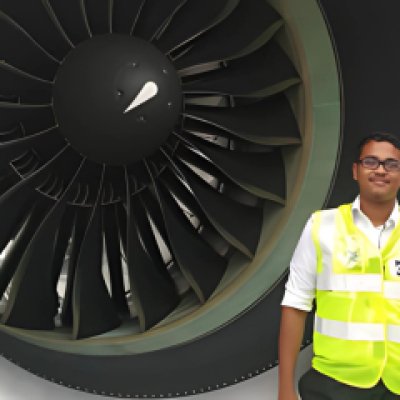

















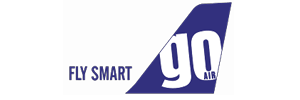






Share This News